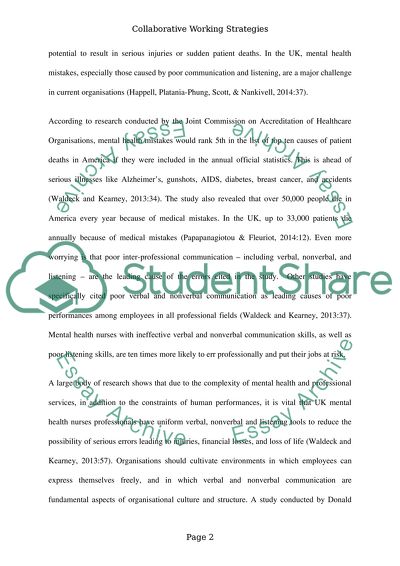Cite this document
(“Discuss how communication within an inter-professional team could Essay”, n.d.)
Retrieved from https://studentshare.org/nursing/1672740-discuss-how-communication-within-an-inter-professional-team-could-affect-collaborative-working-strategies
Retrieved from https://studentshare.org/nursing/1672740-discuss-how-communication-within-an-inter-professional-team-could-affect-collaborative-working-strategies
(Discuss How Communication Within an Inter-Professional Team Could Essay)
https://studentshare.org/nursing/1672740-discuss-how-communication-within-an-inter-professional-team-could-affect-collaborative-working-strategies.
https://studentshare.org/nursing/1672740-discuss-how-communication-within-an-inter-professional-team-could-affect-collaborative-working-strategies.
“Discuss How Communication Within an Inter-Professional Team Could Essay”, n.d. https://studentshare.org/nursing/1672740-discuss-how-communication-within-an-inter-professional-team-could-affect-collaborative-working-strategies.


